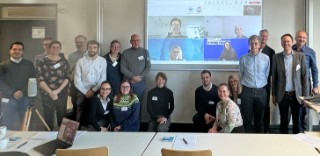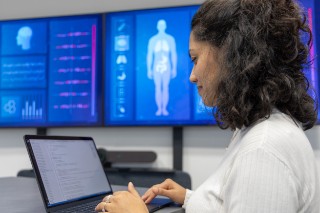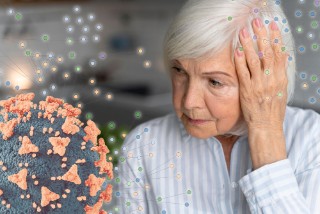
The Alzheimer Research Initiative, e.V., has awarded Dr. Alpha Tom Kodamullil from the Fraunhofer Institute for Algorithms and Scientific Computing SCAI an “Early Career Grant.“ This prestigious funding, valued at €60,000, will allow her to investigate innovative, personalized Alzheimer's therapies from January 1, 2025, until the end of 2026.
more info Institute Center Schloss Birlinghoven
Institute Center Schloss Birlinghoven






